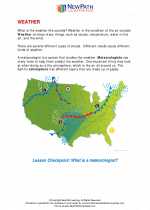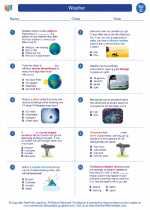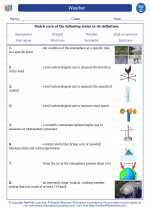What is the Big Bang Theory?
The Big Bang Theory is the scientific theory that explains the origin and evolution of the universe. It suggests that the universe began as a singularity, a point of infinite density and temperature, approximately 13.8 billion years ago. This singularity then rapidly expanded, giving rise to the universe as we know it today.Evidence for the Big Bang Theory
- Cosmic Microwave Background (CMB): The CMB is the afterglow of the Big Bang and is visible in all directions of the universe. It provides strong evidence for the Big Bang Theory. - Redshift of Galaxies: Observations of distant galaxies show that they are moving away from us, indicating that the universe is expanding. This supports the idea of the universe originating from a single point.Key Concepts
- Expansion of the Universe: The Big Bang Theory proposes that the universe is continuously expanding, with galaxies moving away from each other. - Formation of Elements: The early universe was hot enough for the formation of light elements like hydrogen and helium, which are the most abundant elements in the universe. - Cosmic Timeline: The Big Bang Theory provides a timeline for the evolution of the universe, including the formation of stars, galaxies, and other celestial bodies.Implications of the Big Bang Theory
.◂Science Worksheets and Study Guides Third Grade. Weather
Study Guide Weather
Weather  Worksheet/Answer key
Worksheet/Answer key Weather
Weather  Worksheet/Answer key
Worksheet/Answer key Weather
Weather  Worksheet/Answer key
Worksheet/Answer key Weather
Weather  Vocabulary/Answer key
Vocabulary/Answer key Weather
Weather  Vocabulary/Answer key
Vocabulary/Answer key Weather
Weather 

 Worksheet/Answer key
Worksheet/Answer key
 Worksheet/Answer key
Worksheet/Answer key
 Worksheet/Answer key
Worksheet/Answer key
 Vocabulary/Answer key
Vocabulary/Answer key
 Vocabulary/Answer key
Vocabulary/Answer key

The resources above cover the following skills:
EARTH AND SPACE SCIENCE (NGSS)
Earth’s Systems
Students who demonstrate understanding can:
Represent data in tables and graphical displays to describe typical weather conditions expected during a particular season.